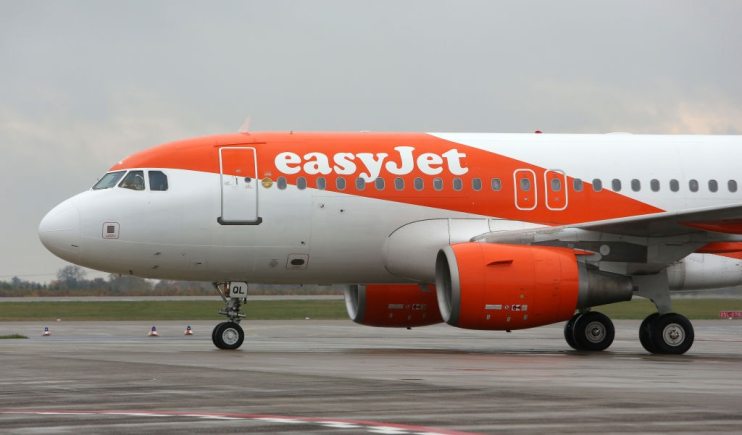Easyjet takes £40m hit from Israel-Gaza war as losses narrow

Easyjet said the renewed conflict in the Middle East wiped £40m off its bottom line in the last quarter after flights were paused and bookings slowed in the wider industry.
The onset of conflict between Hamas and Israel in October has forced carriers, including Ryanair, Wizz Air and Easyjet, to axe flights to the region. There is also concern that any knock-on impact on oil prices could cause a surge in jet fuel costs.
In a trading update on the London Stock Exchange, Easyjet said it expected fuel costs to come in around seven per cent higher in the first quarter of 2024, although it is well hedged. Seasonal winter losses for the first half are broadly expected to improve year-on-year despite the impact of the Israel-Gaza conflict.
Total pre-tax losses for the budget airline came in at £126m for three months to December, narrowing year-on-year from £133m. Improvements to the bottom line gave investors confidence in early trading, with share rising 5 per cent.
While many UK airlines have been forced to axe flights to Tel Aviv in the wake of the conflict, further routes could be paused should it spread to the wider region. Wizz Air’s chief executive József Váradi told City A.M. in November the violence could cause a “ripple effect” on demand across neighbouring countries.
Passenger numbers increased by 14 per cent to 19.8m as demand held up over winter after this summer’s travel bonanza. The airline flew 23m seats in the quarter, up from 20.2m the prior year, with a slightly lower load factor of 85 per cent.
Johan Lundgren, CEO of easyJet, said: “We see positive booking momentum for summer 2024 with travel remaining a priority for consumers.
“Flight and holidays bookings took off strongly during the traditional busy turn of year sales period, as customers opted to secure their summer holidays to firm favourites like Spain and Portugal alongside destinations further afield like Greece and Turkey.”
On the Middle East, Lundgren told reporters on a post-results call that demand from Egypt had returned since October, amid a wider downturn in the region. “It was definitely impacted hard in the first weeks… but it has bounced back very quickly.”
Sophie Lund-Yates, lead equity analyst at Hargreaves Lansdown: “Geopolitical conflict can spook many industries, especially airlines. Broader softness was seen at the outbreak of the Middle East conflict in October, and easyJet is counting the lost pennies from paused flights to the tune of £40m. Shutting down routes is a very expensive undertaking and it’s unclear when things will normalise.”
Lund-Yates also said investors would be “concerned about the group’s ability to maintain the newly reinstated dividend.”
“At this stage it seems unlikely easyJet will scrap its plans to increase the payout to 20% of post-tax profits this year, but that will depend on the resilience of forward bookings.”